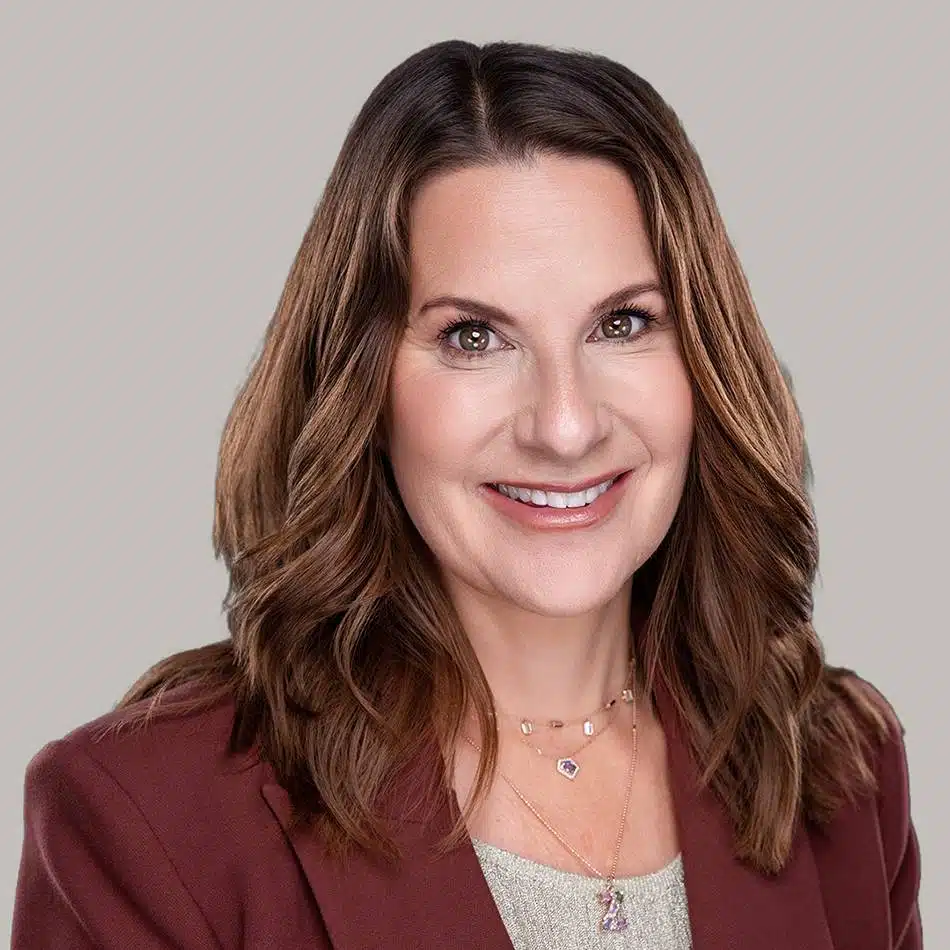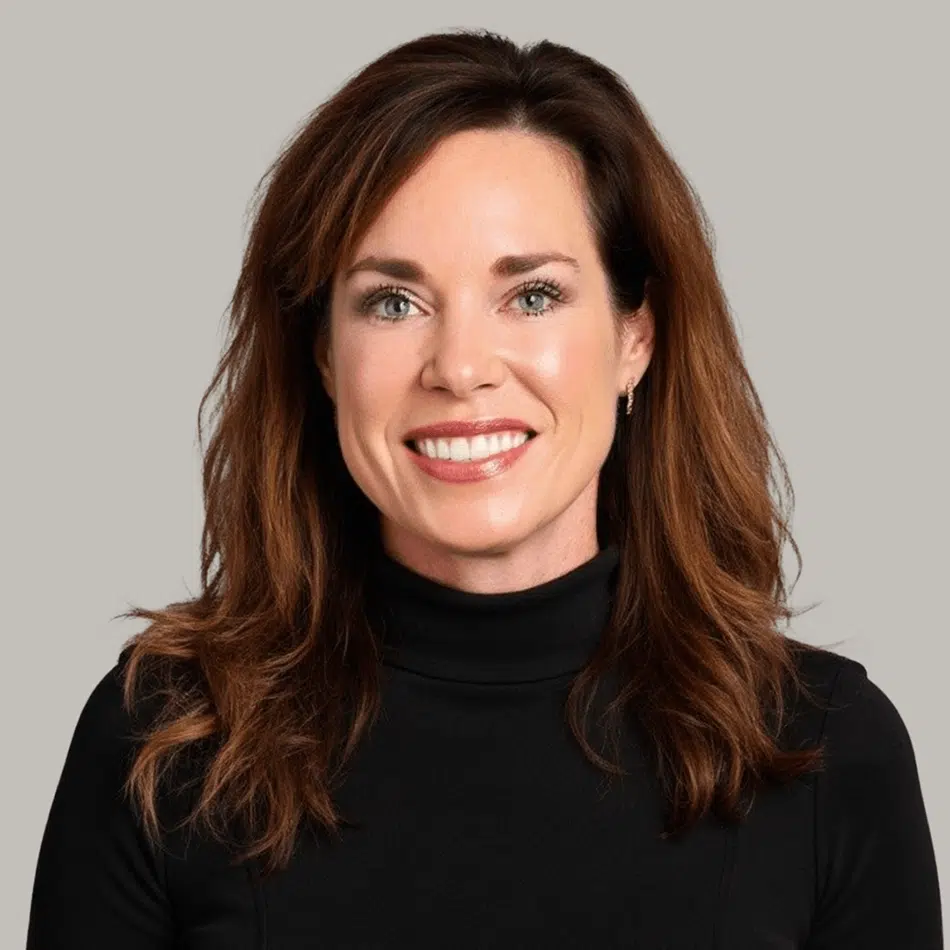Industry: Healthcare & Life Sciences
Kassandra Keller, Principal, and Pam Zients, Partner, discuss what top Chief Commercial Officer talent looks like for investor-backed businesses today. They dive into how the function has evolved, the latest trends, and share advice for candidates and investors based on their daily work recruiting for these roles.
Question: How have you seen the role of the CCO change—what are you seeing now versus in the past?
Pam Zients: Coming out of COVID, there was so much capital flowing into healthcare, and a lot of companies were just growth, growth, growth. As the market has contracted a bit, we have seen a lot more focus on: how do we bring someone in who knows not only how to grow, but grow strategically and drive profitability?
There has been an increasing openness to looking at Chief Commercial Officers or Chief Revenue Officers who have a bit of diversity in their background in addition to the tried and true, classic sales leaders. Maybe they were previously a Chief Strategy Officer or in business development. Ultimately, investors are focused on finding someone who can help the organization be strategic about growth.
Kassandra Keller: I have seen a lot of the same. I recently spoke with a Chief Commercial Officer candidate with a strategy background. She started out very marketing centric, then moved over to sales, and is now a Chief Commercial Officer. We discussed the value of having a background in both [marketing and sales] in addition to strategy.
Question: What other market trends are you seeing?
Kassandra Keller: In the face of market turbulence, organizations are getting increasingly creative about growth. Commercial leaders need to have a perspective on: where are our gaps are and how can we fill them quickly? We can either build tools and capabilities or we can buy them. Organizations today are more open to buying the elements they need to achieve their goals than they were before. Doing so allows leaders to quickly pivot, adjust the go-to-market strategy, and rapidly add more value.
Pam Zients: Another trend I am seeing is businesses that have grown by having a great offering but have never had a true professional sales engine and function. They are looking for their first true sales leader. And that is not only someone who can come in and sell, but someone who can hire a team, put in place a repeatable, scalable, hardwired sales engine, and optimize the sales tech stack to drive discipline and rigor across the GTM teams.
Question: When it comes to building a professional sales function, what qualities should companies seek out in a leader? What are watch-outs they should be aware of?
Kassandra Keller: I have seen many businesses scale to over $100 million in revenue that do not have a CRM or strong commercial infrastructure. Finding a leader who can take the company to the next level is essential. They need to be able to develop answers to the questions: What is the sales process? What is the go-to-market strategy? How do we leverage these tools across the entire team so that there is buy-in and acceptance?
Another challenge that comes up often in investor-backed businesses is founder-led transitions. Many times, the founder held the relationships; they were the brand ambassador and the sales leader. Now the company needs a sales leader who can be a strategic partner, who can be in front of the board, key clients, and present themselves as an executive within the business.
Pam Zients: Additionally, when a company grows to the point that it needs to bring in a professional sales leader—the new leader must have strong chemistry with the founder. It can be daunting for a founder to have someone else come in and start selling what they have built from the ground up.
Question: How would you say Commercial Leaders in investor-backed businesses need to operate differently than more traditional, large public or private organizations?
Kassandra Keller: With investor-led businesses, both VC and PE, I tell candidates, this is a sprint, not a marathon. I use the term sprint because most often Commercial Leaders will be given a set amount of time to achieve specific goals. Typically, that is a revenue reach, and an EBITDA reach.
Pam Zients: For Commercial Leaders, being successful in an investor-backed business not only requires strong sales skills, but also relentless drive and determination. For example, if you are coming in during the second year of the hold, and the PE firm wants to transact in three to four years, at a specific target revenue and EBITDA, there is not a lot of time to do that.
You want somebody who is going to move fast without disrupting other aspects of the business. For example, if you sell too much and cannot deliver, that is a problem. You need a commercial leader who can make tough decisions and problem-solve quickly and can also clearly communicate their thinking to the board and other stakeholders.
Kassandra Keller: Anyone who has been in the commercial chair knows that you are accountable every month, every quarter, and every year. While I do not think that changes because of how the business is funded, there can be a difference in intensity given the size and scale. In earlier stage, higher-growth companies, the pressure will be greater. Commercial leaders in these environments need to be very resourceful in terms of doing more on their own than they would need to in a larger organization and doing it with speed.
Question: What advice would you give to investors looking to hire a Commercial Leader for their investor-backed business?
Pam Zients: I always encourage investors to be as transparent as possible. Let the candidate know what issues they will find when they join the organization. A big element of this is pipeline. We all know that sales cycles in the healthcare industry can be 12 to 18 months. And if you are being asked to deliver double top line growth in three years and you are shown a pipeline during the interview process that you later analyze and clean-up to focus on “real” prospects and find that it is not as expected, you are already behind on day one.
Investors need to be transparent, and at the same time, candidates need to ask the right questions. Too often, sales leaders find themselves “oversold” on the pipeline during the interview process. As a result, we strongly advise commercial candidates to do their due diligence before accepting a role. For years, a high level of diligence has been commonplace among CFO candidates, and now this approach is spreading rapidly among candidates poised to take on other C-Suite roles.
Investor-backed businesses need Commercial Leaders who can drive strategic growth and build infrastructure while moving at the accelerated pace these environments demand. As Kassandra and Pam highlight, success hinges not only on commercial expertise but also on cultural fit, strategic agility, and the ability to lead under pressure. For investors and candidates alike, thoughtful evaluation and alignment on goals and expectations are essential to selecting the right Commercial Leader to position the organization for value creation.
Insights in your inbox
Stay up to date on the latest trends and insights shaping the executive search landscape from JM Search’s Blog.


